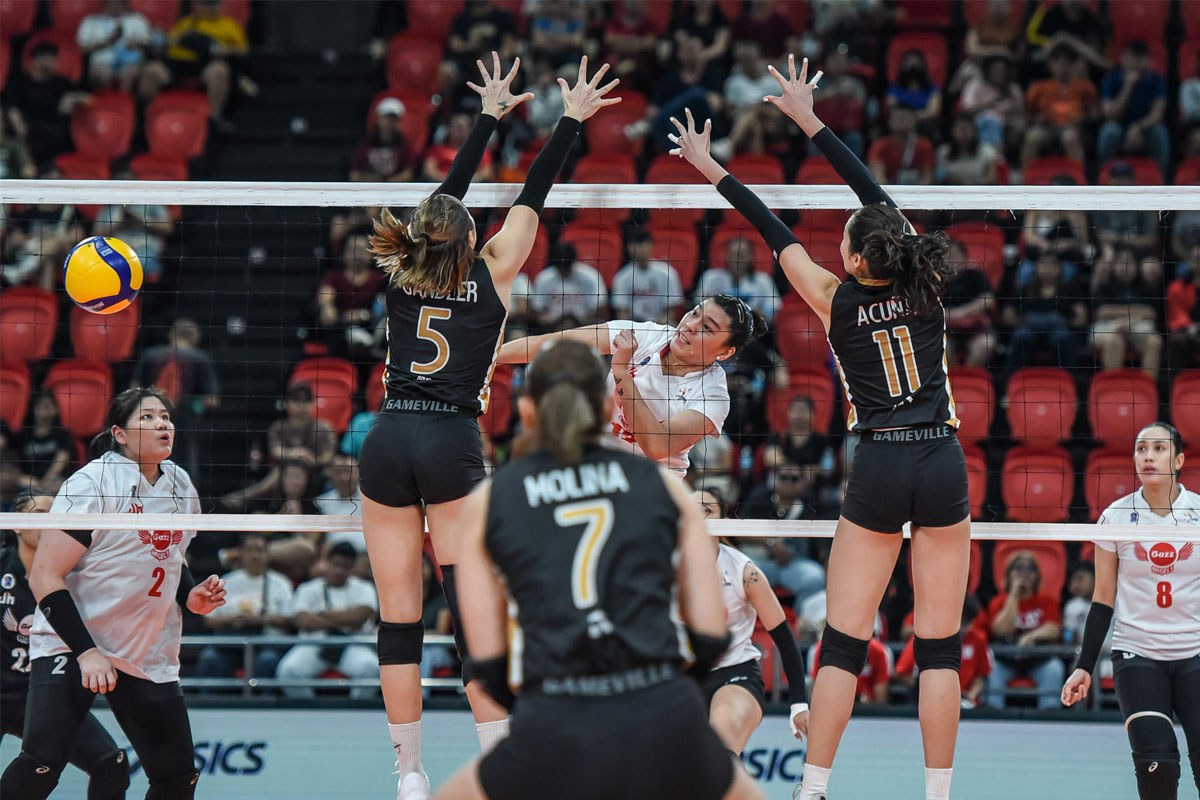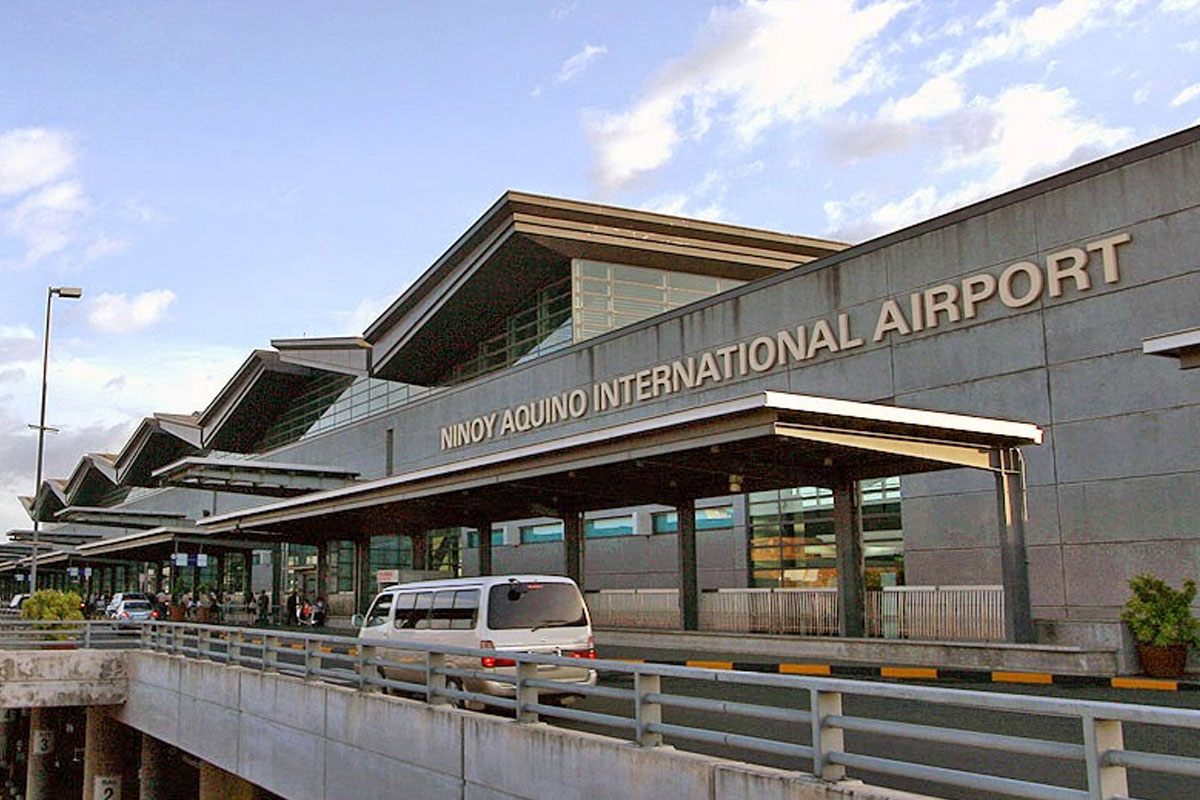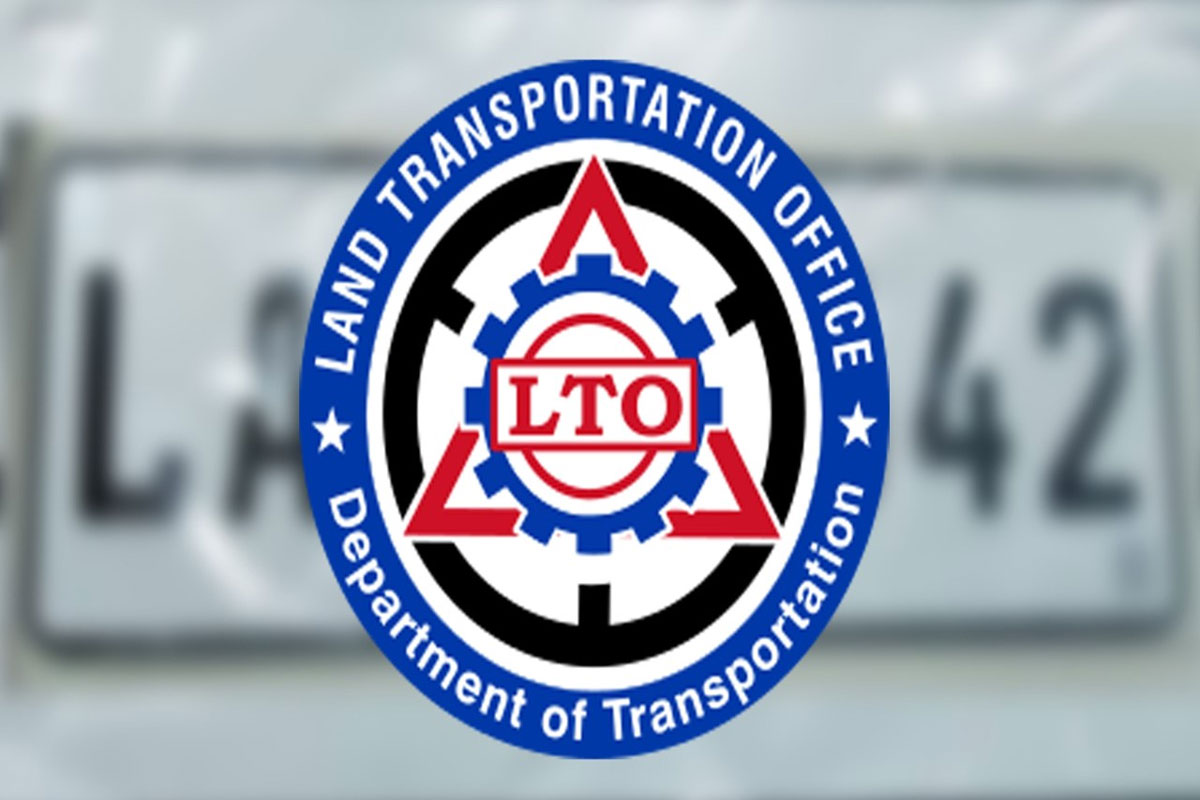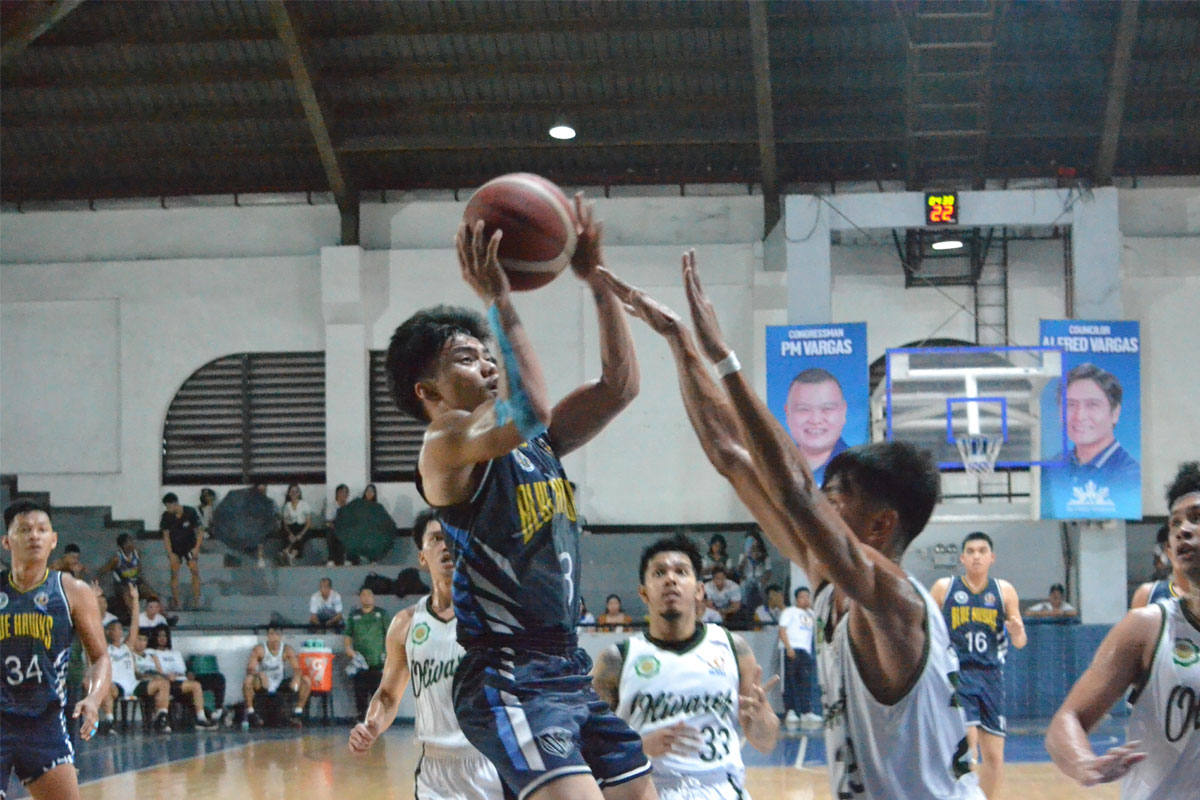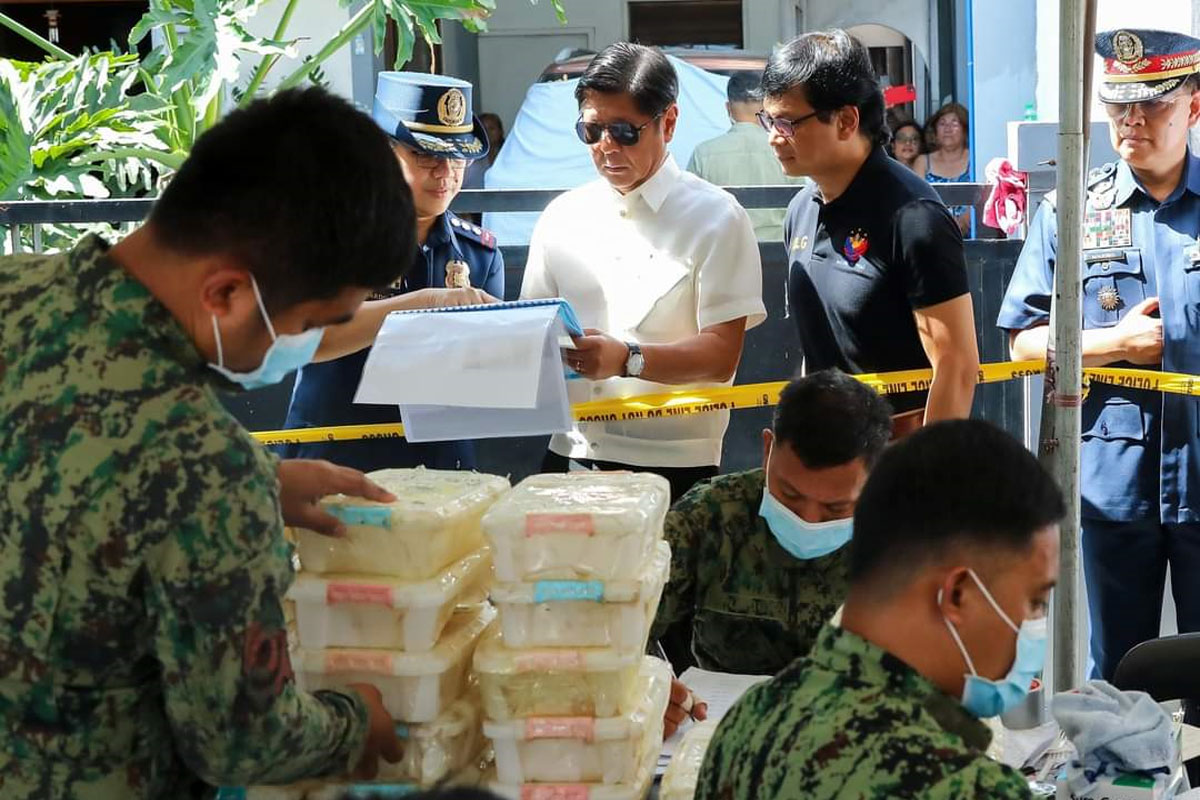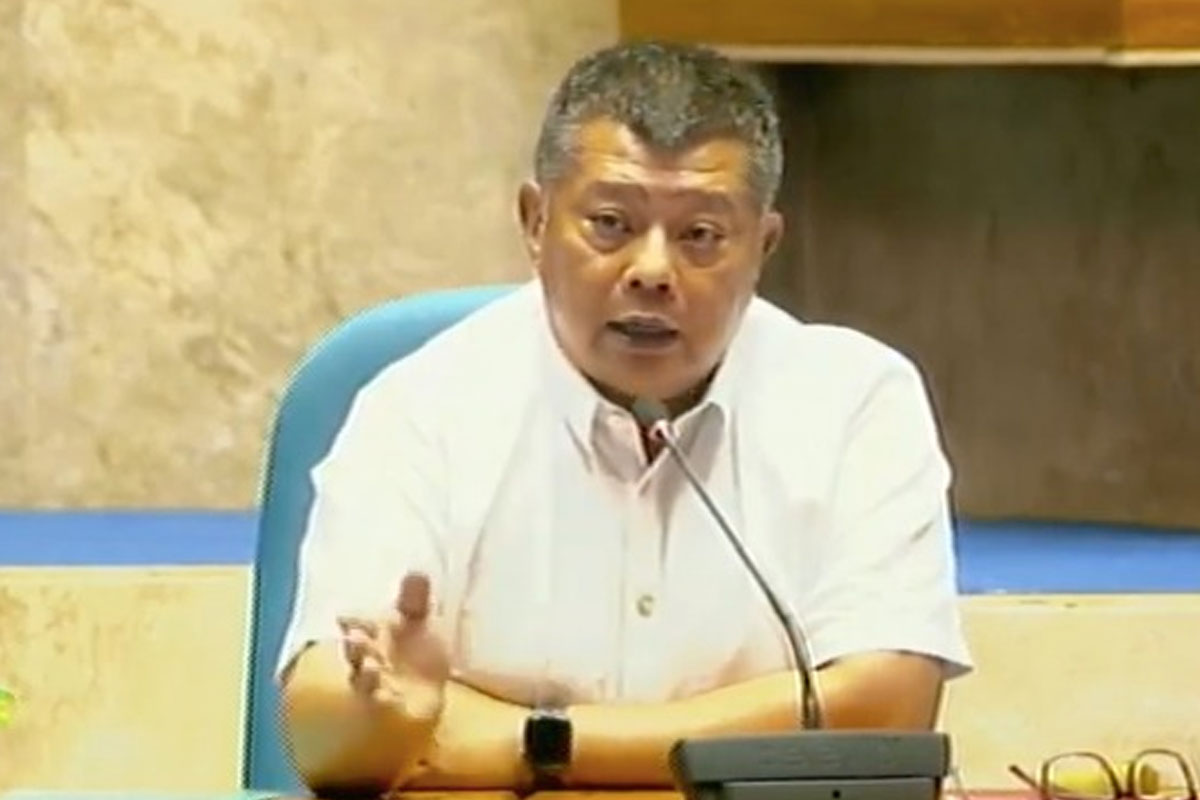
PRC acknowledges possibility of false positive results
THE Philippine Red Cross yesterday acknowledged the possibility of false positive results but strongly stood by the integrity of the positive results issued by its molecular laboratory in Subic.
In a statement, Sen. Richard J. Gordon, PRC chairman and CEO, explained that since no test is 100% accurate, the Department of Health (DOH) encourages them to err on the side of caution and treat all positive results as true positive.
“This is designed to protect everyone, including the clients and their families and co-workers. This is especially true for healthcare workers who are constantly at risk of exposure to the virus,” he said.
Gordon stressed that the PRC operates 13 molecular laboratories throughout the country, and the test methodology and procedures are standardized in all its laboratories.
He added that the Research Institute for Tropical Medicine sends proficiency test samples to the lab using a random-blind method. In this control method, RITM sends PRC samples for which RITM already knows the results and compares these with the results that the PRC will issue.
“The PRC is subjected to RITM’s PT every time a laboratory opens. The issuance of the License to Operate by the DOH is dependent on passing the proficiency test with a 100% score. All 13 PRC Molecular Laboratories obtained a 100% score for the proficiency tests they underwent from the time the first molecular laboratory opened in April 2020, and in May 2021 as part of the 2021 External Quality Assurance Program for RT-PCR Detection of SARS COV-2. This test and the strict implementation of quality standards in all PRC laboratories based on protocols set upon by manufacturers, in line with the standards set forth by the DOH and the RITM, assure the public of the accuracy of test results released by PRC,” the PRC chair also pointed out.
Gordon explained that the testing samples alluded to in the hearing at the Lower House pertain to samples taken at the Unihealth-Baypointe Hospital and Medical Center in Subic Bay Freeport Zone by their personnel and tested at the PRC Molecular Laboratory also in Subic Bay Freeport Zone.
Of the 48 samples, 45 turned out positive, triggering a complete re-run and a manual process to eliminate the possibility of erroneous results, which may be caused by cross-contamination.
“This is an example of a situation where the PRC, on its own initiative and at its own expense, requires an automatic re-run by its molecular labs in order to ensure the accuracy of results. On the second run, the results came out exactly the same. The Subic laboratory followed standard operating procedures and quality assurance guidelines as it has done for all 122,000 samples processed by the Subic lab from July 1, 2020 to Sept. 3, 2021,” he added.
Gordon further said that timing of tests done relative to exposure to the virus and when the sample was extracted are factors that may produce different results.
“The negative result of the tests in question came from specimens collected after three days, which may be one such factor for the negative result. Clients may have truly been negative already by the time their second sample was taken. The sampling method (in this case, sampling was performed by Baypointe Hospital personnel), test kits, extraction method, and the thermocycler (PCR machine) used by the testing laboratory are also factors that may influence the results,” he pointed out.


